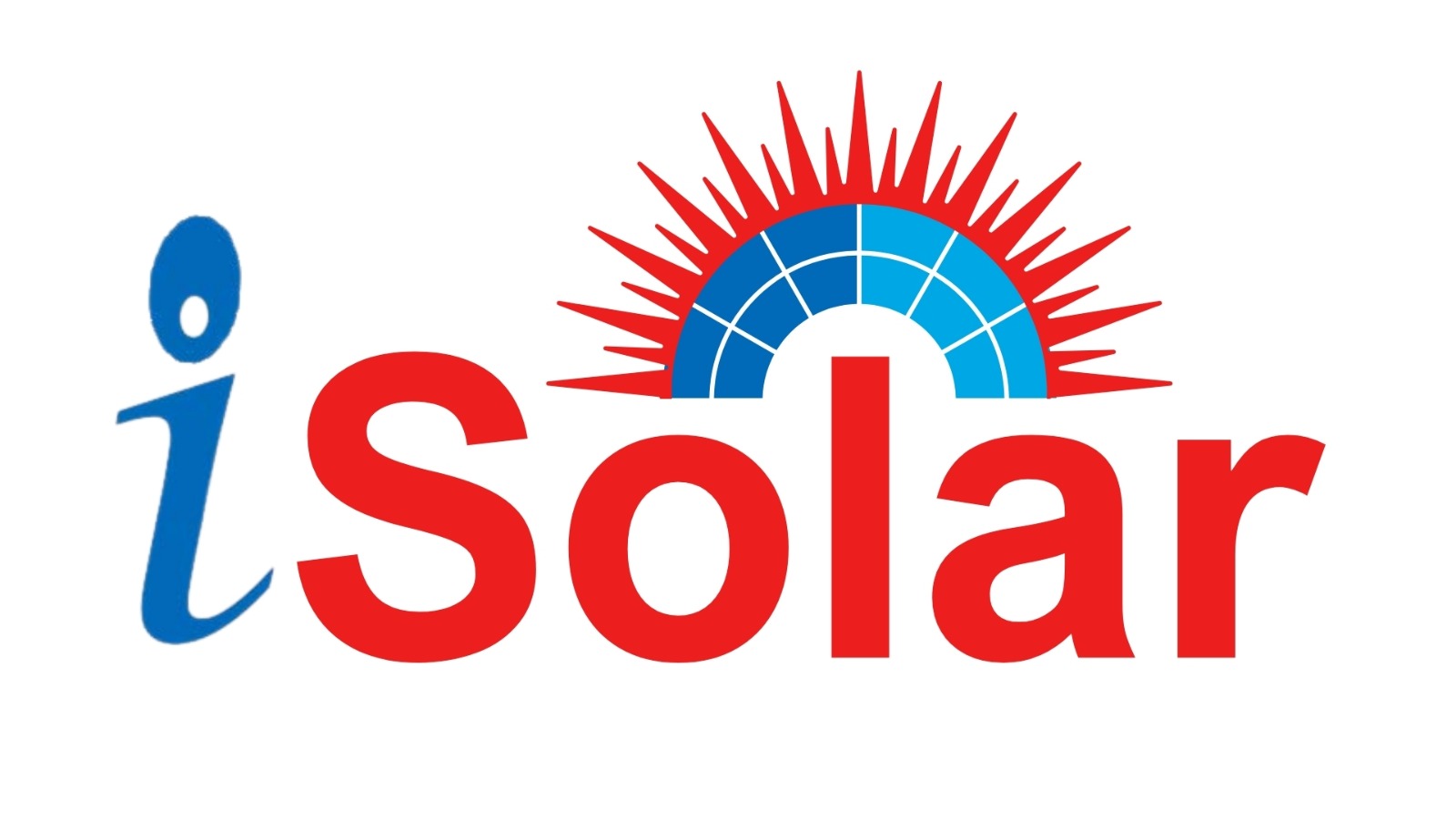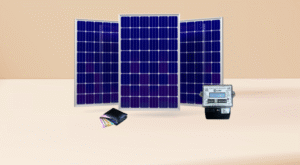Having your solar panels function at their optimum capacity they are capable of is something that you must undertake if you wish to realize the most on returns on your investment. Solar panel Efficiency at the highest level of performance if they produce as much energy as they can produce, and there are a few things you can do along the way of trying to get maximum efficiency from your solar panels. In an attempt to allow you to achieve maximum benefit in solar panel efficiency, tips have been provided hereinbelow:
1. Correct Installation and Positioning
Maximum Tilt and Orientation of Panels: Install the solar panels with the maximum tilt and orientation in a manner that the panels receive sunlight. Northern hemisphere solar panels need to be installed facing north and vice versa for the southern hemisphere. Panels need to be sloped according to your latitude to get the maximum amount of sunlight produced.
Prevention of Shading: Mount panels in a manner that they won’t get shaded during the period of peak sun (most typically 9 AM to 3 PM). Shaded panels can lose a significant percentage of performance, so trim overhanging branches or clear obstructions.
2. Regular Cleaning
Clean Dirt and Debris: Light that is unable to pass through dust, dirt, bird droppings, and other debris that has fallen on your solar panels can be blocked and efficiency lost. Regular cleaning of your panels Solar Panel Efficiency.
3. Check Solar Panel Efficiency
Utilize Monitoring Systems: The new installed solar systems come with pre-installed monitoring websites or software that track the output of your panel. It is therefore possible to actually see their power output in real-time and identify any defects like a reduction in output, which can be due to dirt, damage, or shading issues.
Check for Malfunctions: Periodically inspect the wiring and inverter for malfunction. Inverters convert the DC power from panels to usable AC power, and a malfunctioning inverter will lead to loss of energy.
4. Optimize Sunlight Exposure
Use Solar Trackers: you can use a solar tracker. Solar trackers will automatically align the solar panels along the sun’s path throughout the day so that it can capture maximum energy harvesting.
Add Extra Panels: If your loft is available and your purse is loose, additional panels will add overall energy generated from your solar system but not necessarily per panel. A bigger system will guarantee that your energy needed has to be fulfilled all year round.
5. Optimize Energy Storage
Mount a Solar Battery: Or you might boost your efficiency with a solar battery such that any unused power from your usage throughout the day will be stored. You may utilize it on cloudy or nighttime days with it. That minimizes grid usage to the limit and utilizing the most solar energy.
Right-Sized Battery: Make sure your storage battery is the right size to work in your favor for your generation and utilization. Saving energy that you have no use for in your favor; a battery that is too small still keeps you bound to stay connected to the grid.
6. Energy-Efficient Appliances
Replace to Energy-Saving Appliances: The more energy-efficient your appliances, the less power will be needed to run them, which means less power you will need to generate and your solar panels will be that much more efficient. Ensure you purchase appliances with the Energy Star certification, LED light bulbs, and programmable thermostats with the lowest overall usage.
7. Install an Efficient Inverter
Choose the Right Inverter: The inverter transfers your solar panels’ DC power to your home’s AC power. Choosing an efficient, quality inverter will directly affect the performance of the entire system. There are even inverters with built-in features like microinverters panel-by-panel and the capacity to provide maximum energy management and performance optimization, especially when there is partial shading.
Upgrade or Refurbish Your Old Inverters: Upgrading or refurbishing your old inverter will make your system perform at its best if your inverter is old or functioning poorly.
8. Don’t Overcharge Your System
Sizing your solar panel system appropriately according to the energy requirement of your house. Oversizing will not enhance efficiency but you will be investing in it. A very tiny system will make you rely on grid supply if it is unable to generate the required amount of energy.
Balance Load: Never overload the system. Overloading in your system at peak hour will lead to underperformance, so keep the optimal load pattern intact.
9. Cool Your Panels for more Solar Panel Efficiency
Maintain Panels in Top Conditions: Solar panels are most effective when the weather is cool. Unnecessary heat in very hot locations can impair solar panels. Let there be air circulation about the panels such that they do not become over-heat and therefore maintain levels at their top condition. Install the panels higher in case you are living in a very hot region so that air can freely circulate under them.
10. Leverage Solar Energy Management Systems Intelligent Solar Energy Management: Solar energy management systems should be able to channel your energy production and consumption in the home to a balance. The systems are able to work towards maximizing where and when one is supposed to consume the energy in a manner that your solar power consumption is maximized. The systems also facilitate scheduling appliances to consume solar power at the moment they are generated.









